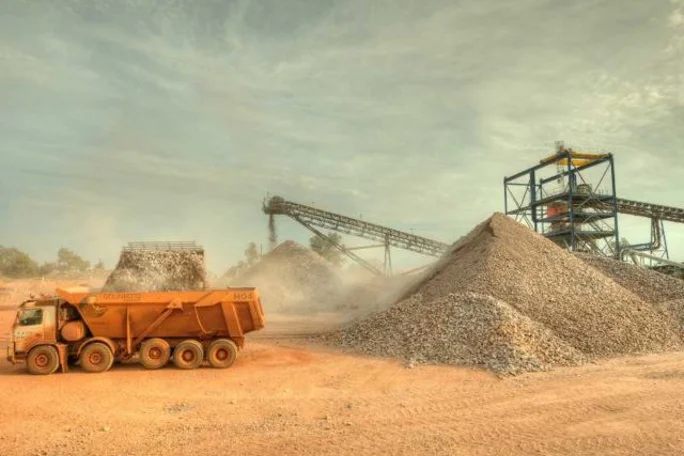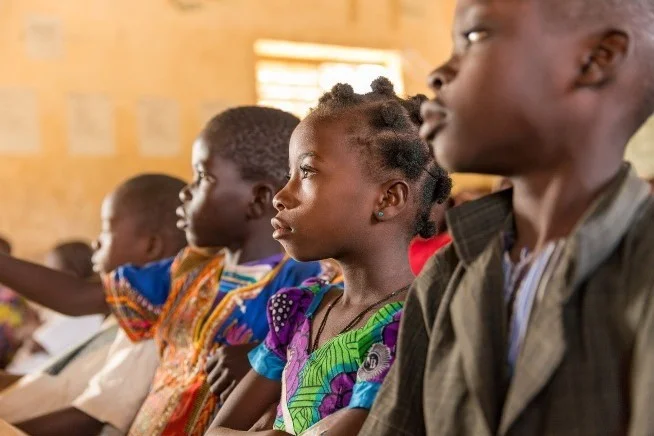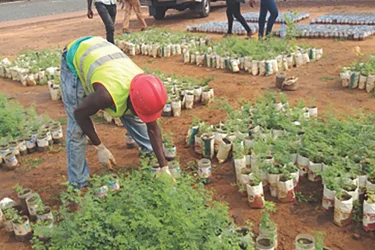Randgold Resources Remains Loyal to Sustainable Community Efforts in Mali

Randgold Resources (LSE) continues to provide life-changing benefits to local communities where it operates.
At the company’s Loulo-Gounkoto gold mining complex, the largest in Mali and one of the largest in Africa, Randgold Resources remains committed to sharing the value it creates with stakeholders, including the local population.
“As the two key stakeholders in this complex, the government of Mali and the management of Loulo-Gounkoto have a joint responsibility to ensure it continues to generate substantial benefits for communities and the country, not only for today but for future generations,” said Randgold Resources CEO Mark Bristow.
“One of the challenges we still face together is illegal mining, which impacts Loulo-Gounkoto’s ability to deliver these benefits and threatens Mali’s vital national assets, harming the environment and exploiting parts of the community.”
Randgold has implemented several programs to enhance skills growth in Mali, including scholarship programs, training, and career development. The company has established core initiatives such as providing clean water, supporting education, healthcare, and food security through community-led commissions, enabling community-run investment projects.
Another initiative focuses on boosting Mali’s economy. Randgold finances small businesses, particularly those initiated by women in the community. The company has also introduced community development committees to stimulate new projects in agriculture and construction.
According to Bristow, the mining industry could grow substantially with sustained productive partnerships with the Mali government and resolution of current development obstacles.
“A stable fiscal regime, supportive infrastructure, and investor-friendly mining code are crucial for us to continue building on our achievements in Mali,” Bristow emphasized.
“Power supply is another critical issue. Electricity currently represents about 30% of operating costs for any Malian mine. Accessing the national grid at a reasonable cost would not only extend the life of existing mines, increasing the industry’s contribution to the Malian economy, but would also facilitate the development of new mining projects currently unfeasible due to high operational costs.”
 Albania
Albania Algeria
Algeria Andorra
Andorra Argentina
Argentina Armenia
Armenia Australia
Australia Austria
Austria Azerbaijan
Azerbaijan Bahrain
Bahrain Belgium
Belgium Bolivia
Bolivia Brazil
Brazil Bulgaria
Bulgaria Cambodia
Cambodia Cameroon
Cameroon Canada
Canada Chad
Chad Chile
Chile China
China Colombia
Colombia Costa Rica
Costa Rica Croatia
Croatia Cyprus
Cyprus Czechia
Czechia Denmark
Denmark Ecuador
Ecuador Egypt
Egypt Finland
Finland France
France Georgia
Georgia Germany
Germany Ghana
Ghana Greece
Greece Hungary
Hungary Iceland
Iceland India
India Indonesia
Indonesia Ireland
Ireland Italy
Italy Jamaica
Jamaica Japan
Japan Jordan
Jordan Kazakhstan
Kazakhstan Kenya
Kenya Kuwait
Kuwait Latvia
Latvia Lebanon
Lebanon Libya
Libya Lithuania
Lithuania Luxembourg
Luxembourg Malaysia
Malaysia Maldives
Maldives Mali
Mali Malta
Malta Mexico
Mexico Moldova
Moldova Monaco
Monaco Morocco
Morocco Netherlands
Netherlands New Zealand
New Zealand Nigeria
Nigeria North Macedonia
North Macedonia Norway
Norway Oman
Oman


